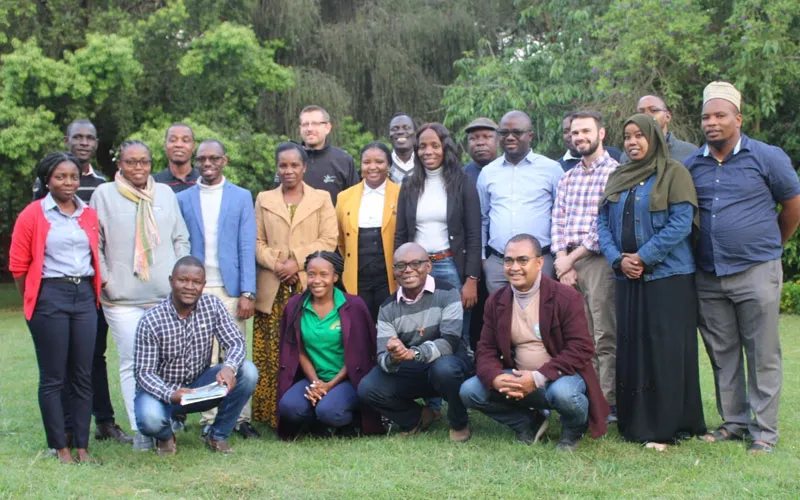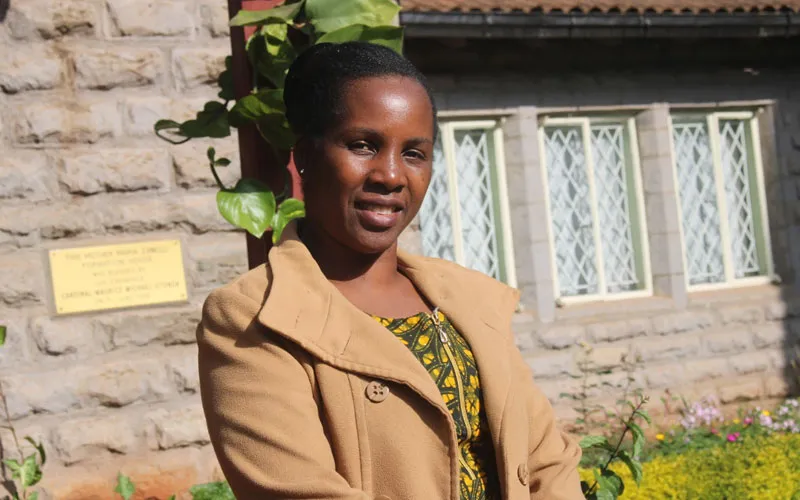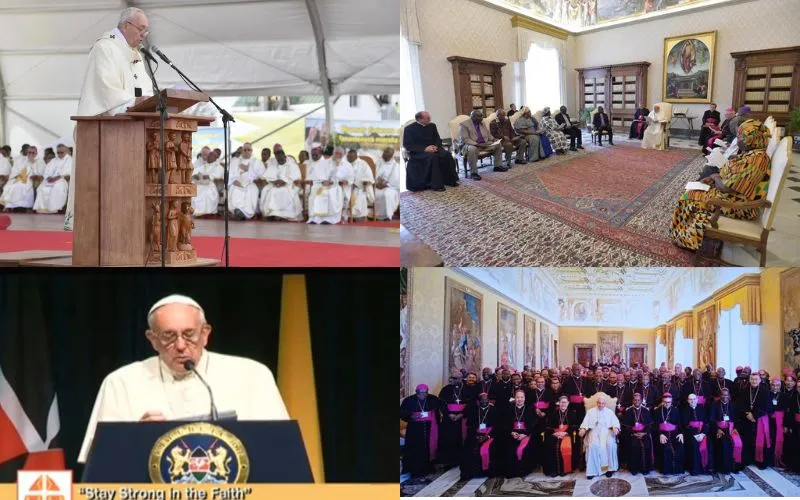The entity of the Catholic Bishops in Malawi is also involved in “mobilizing the Church to morally support those that have been affected,” she further said.
Mrs. Sakunda said that the tropical storms are a sign that climate issues are worsening in the Southeastern African nation.
She explained, “We have some places in Malawi, which are prone to disasters and those kind of experiences like floods, droughts. Climate issues are getting worse. These are places, which have never in their lifetime experienced such disasters but now they are facing it.”
“It is no longer a question of geographical position,” CADECOM National Coordinator said, and added, “Previously, there were some campaigns to relocate people from disaster prone areas to uplands but now these lands are having floods too. So, we may end up moving people to where we think it is okay, then come next year there is flooding and there is nowhere to move them.”
She called for strategic action to address the challenges saying, “We really need to sit, digest and come up with sustainable and innovative ways of how we can address such kinds of challenges.”
(Story continues below)
One of the ways to address the climatic challenges is seeking “indigenous knowledge,” she said, and explained, “As Africans we need to go back to history and learn from what was happening then, because the people used to survive disasters in the past. We really need to make use of the indigenous knowledge. We need to learn how those who came before us used to do things.”
Mrs. Sakunda added that there is need to promote measures that reduce the vulnerability to the consequences of climate change.
“We need to promote adaptive measures; how we adapt to these changes,” she said, and added that some of the practices would include applying smart agriculture, and reforestation.
When planting trees, Mrs. Sakunda said, it is helpful to plant those that have economical value.
“Plant trees, which have economic value; for instance, fruit trees. It is easy for people to care for such trees as they know they will benefit from their fruits,” she said.
“In our case, we are also encouraging the regeneration of trees,” she told ACI Africa, and explained, “Regeneration is where you don't cut the tree as a whole, leave the stalk so it regrows. That is helpful because caring for trees is very challenging.”
In the June 14 interview, the National Coordinator of CADECOM called on humanity to take urgent action against climate change, underscoring the need to everyone “to take responsibility”.
She emphasized the need for action saying, “Most of the time we talk but don’t act. Now is the time for us to act.”
Acting entails replanting trees and reducing consumerism, Mrs. Sakunda said, and referencing Pope Francis’ Encyclical letter on the care of the earth, Laudato Si’, added, “Let us have what we can use, and let's not have too many things and then you have so much waste at the end of the day.”
“Let us adhere to the 3Rs: Recycle, Reuse, Reduce,” the National Coordinator of CADECOM told ACI Africa June 14 on the sidelines of the Advocacy Building Workshop on Integral Ecology and Climate Justice organized by JENA.
Magdalene Kahiu is a Kenyan journalist with passion in Church communication. She holds a Degree in Social Communications from the Catholic University of Eastern Africa (CUEA). Currently, she works as a journalist for ACI Africa.
 Participants at the JENA Workshop. Credit: Magdalene Kahiu/ACI Africa
Participants at the JENA Workshop. Credit: Magdalene Kahiu/ACI Africa







